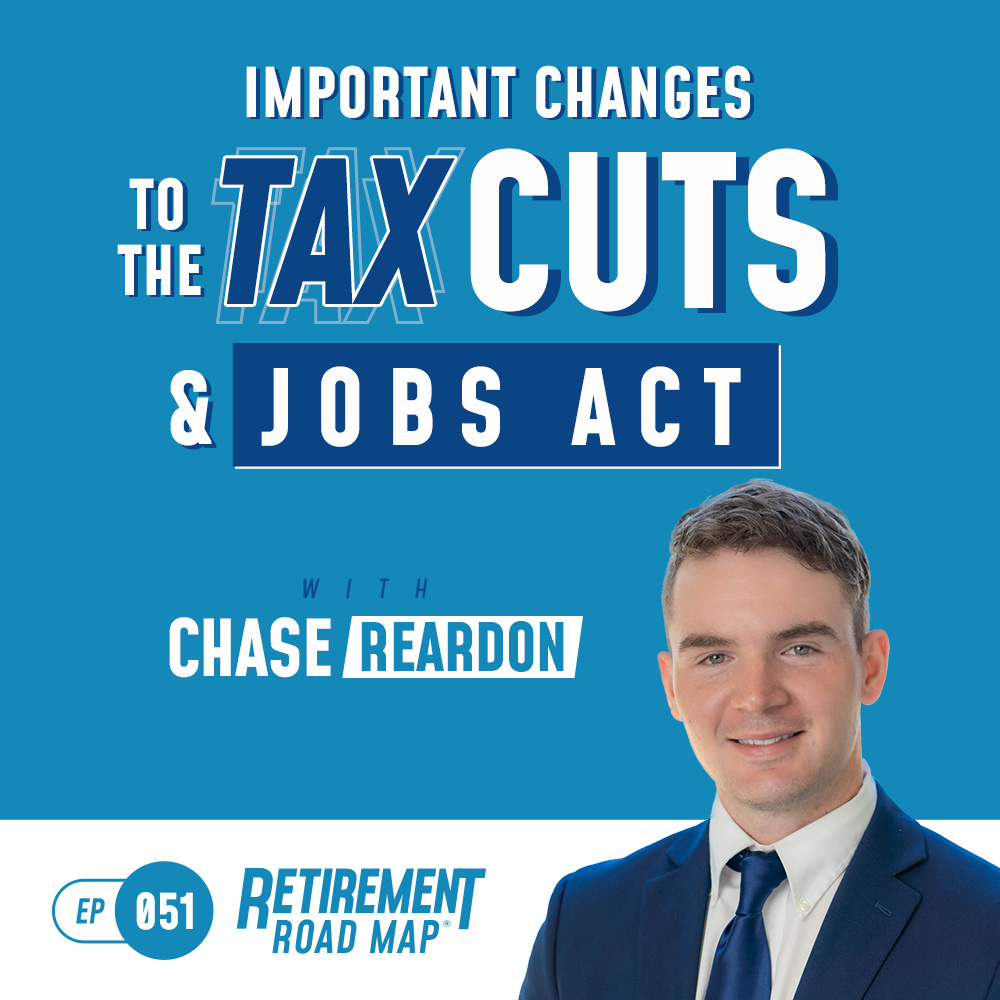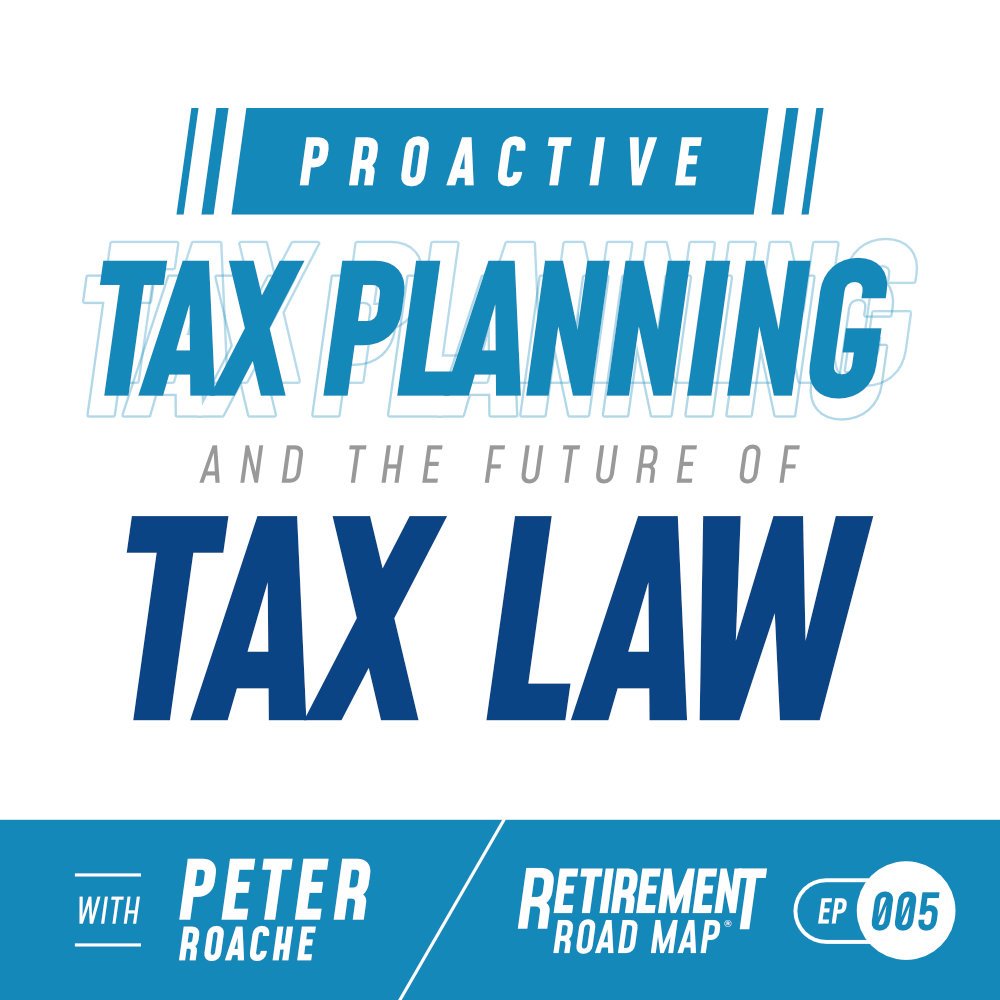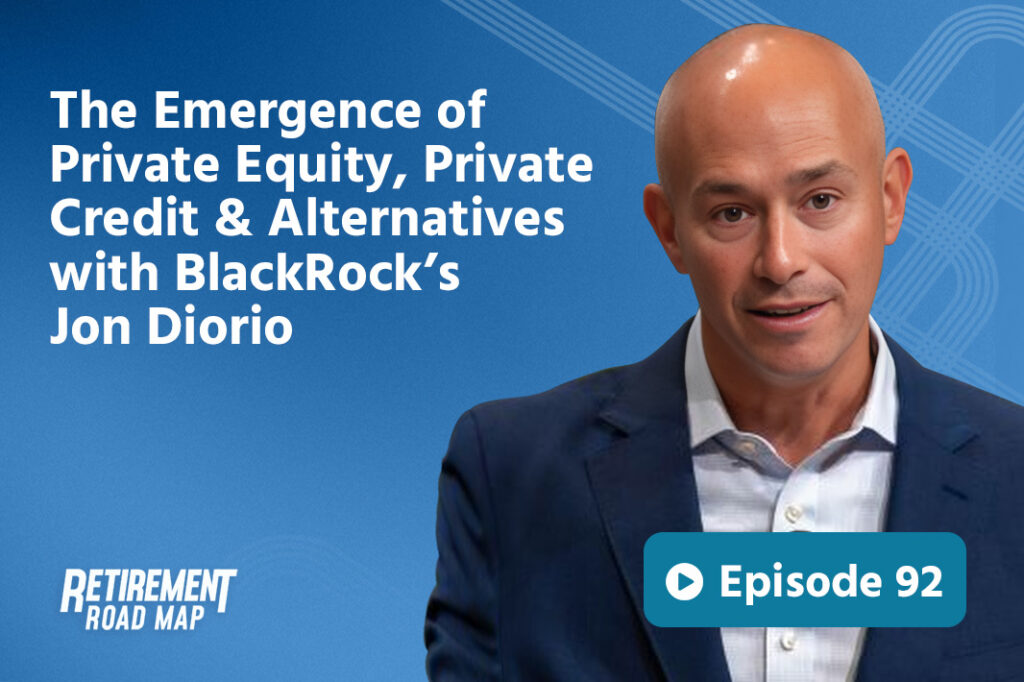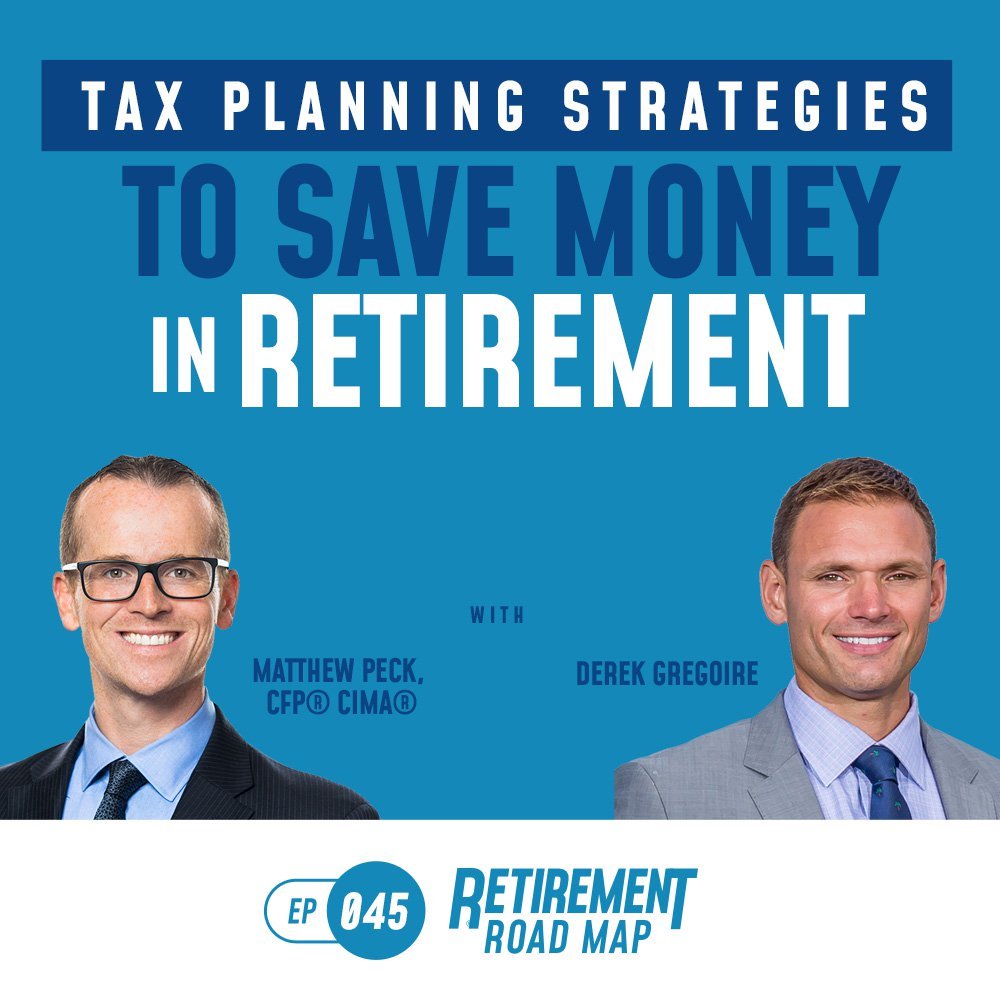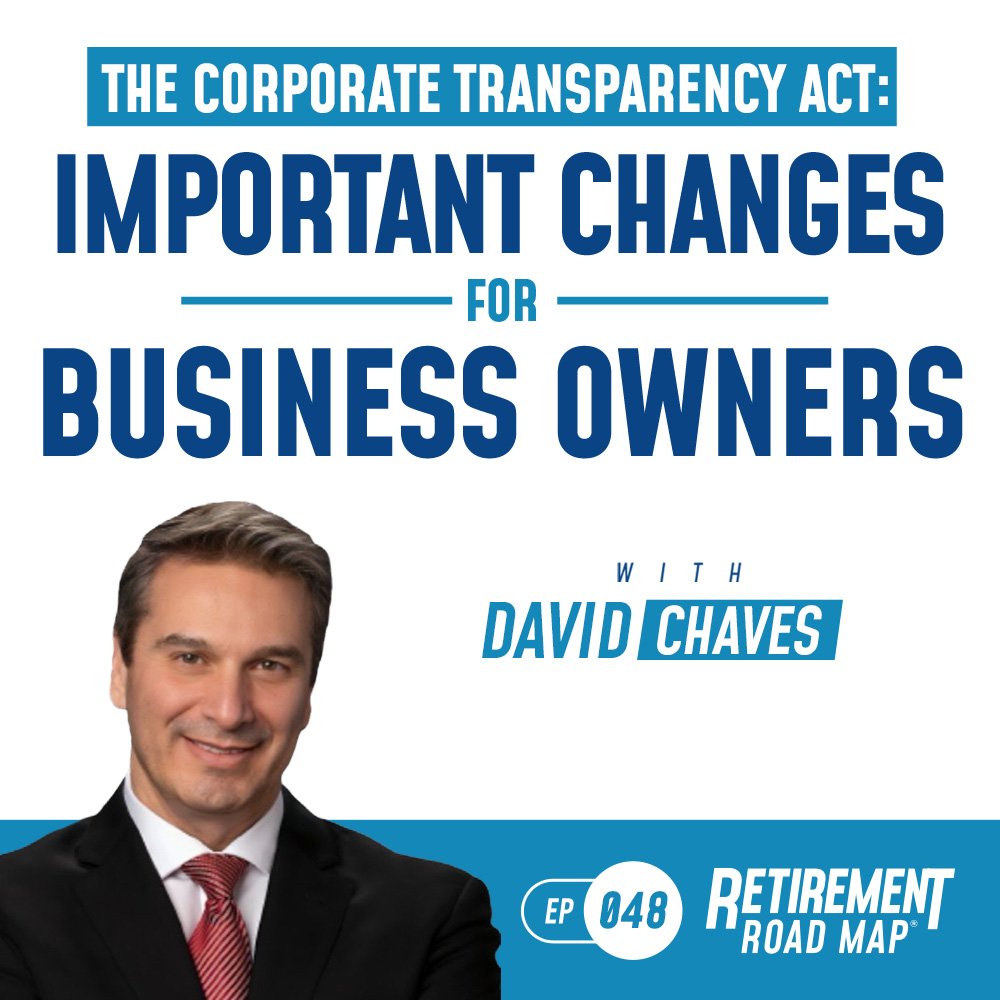Now that the 2024 Election is in the books, we know that a new and yet familiar President-elect will take control of the Whitehouse in 2025. So, what does that mean for your investments and finances?
To help answer that question, Matthew Peck highlights some of the economic factors that SHP Financial will be keeping a close eye on that will impact the markets. While inflation and taxes have been hot topics for some time now, many people are undoubtedly concerned about what the next administration will do to address these issues.
In this episode, Matthew breaks down the state of the U.S. economy, how tariffs impact the cost of consumer goods, and how new corporate tax cuts could negatively impact inflation.
In this podcast interview, you’ll learn:
- The state of our economy in terms of GDP, inflation, and jobs in late 2024–and how this will influence policy in the years to come.
- How Trump’s proposed tariffs could dramatically drive up prices for American consumers.
- Possible loopholes to be created by new tax codes.
- How difficult it is to cut taxes while still addressing inflation and the national debt.
- How mass deportations, if they happen, will massively reshape America’s labor industry.
Inspiring Quotes
- “No matter where you land on the political spectrum or as a citizen, keep calm, carry on, and control what you can control.” – Matthew Peck
Interview Resources
- The Investment Implications of the Republican Sweep by J.P. Morgan
- Bureau of Economic Analysis
- Federal Reserve
- Donald Trump
- Evan Smith
- Social Security
- Elon Musk
- Vivek Ramaswamy
[INTERVIEW]
Matthew Peck: Welcome, everyone, to SHP Financial’s Retirement Road Map podcast. I’ll be your host today, Matthew Peck. I’m assuming you, like a lot of our clients, had questions about the election, not who won or what districts won and what was the popular vote and what was a total of electoral college. That’s a whole different podcast. Okay, ladies and gentlemen, today was something that we like to send to our clients, as well as all of our listeners of what SHP Financial is focusing on when it comes to the election. What does it mean for things like global trade, tariffs, taxes, regulation, immigration, whatever that may be, these types of political changes have an impact on the markets and certainly have an impact on your situation?
And what we wanted to do was send to you what we had sent out to our clients. Before I do so, I certainly want to wish everyone a very merry Christmas and happy holidays. Hopefully, the election itself is somewhat more in the rearview mirror, although I’m sure it’s still on your televisions and wherever you get your news. But in a season like this, I hope you can set that aside just for a little bit and remember what is most important, and that’s family, faith, friends, just giving the gifts, no matter what they may be, whether they are actually something that you can touch or whether it’s something that just is as nice as a warm hug or whatever that may be for you and theirs.
But with all that being said, let’s get into it. Now, you might be wondering why we have Christmas decorations when you’re probably enjoying Thanksgiving meal right now. This just shows you how efficient SHP really is. I mean, they’re already getting ahead of it, right? And maybe even this webinar, this little video is something along those same lines, just trying to get ahead of it, reading the tea leaves, seeing where the world’s going, and going where the puck is headed or rather than where the puck is.
So, before we talk about the policies themselves and what the next couple of years might bring, any time there is an election, there is going to be 52% of the country that is elated with the results and couldn’t be happier. And then we’re certainly going to have a whole lot of people that are listening to this that are despondent. Now, let’s put down the knives, especially right around Thanksgiving. That is for a time for family and in gratitude and appreciation for the gifts that we have.
But I would just more want to point out that no matter what happens, we all can celebrate democracy at work. I mean, it was a clear, decisive answer when I mentioned earlier about election uncertainty. I mean, I, for one, thought the election was going to be maybe decided in the courts and get nasty in lawsuits and attorneys and everything that we saw before, but not this time. The country has spoken. You might not agree with what the voice was and the direction that we’re going, but it was clear. And I appreciate that. Democracy won if you ask me. And I think as we enjoy our Thanksgiving dinner, I certainly never lose sight of that.
So, first, when we talk about the policies themselves, let’s also talk about the economy that the next president is inheriting. And it is a pretty solid economy. Okay? So, a couple of numbers for you. Number one, is that the GDP or our gross domestic product is right now projected to come in at roughly about 2.8% according to the BEA. So, we have a strong economy there. CPI, although not exactly at the 2% target, the Federal Reserve is at 2.6 as of October. Unemployment at 4.1%.
And then finally, of all the companies that have reported in the S&P 500, 75% have beat their earnings estimates. So, what does it all mean? Number one, the economy is in good shape because our GDP is at 2.8. Inflation, not 100% where we want it to be, but is lower than certainly where it was. Job market is in very, very good shape. And corporate America is in very good shape. So, this is the economy in the markets, I should say, which obviously have been on a tear from ‘23 and ‘24. This is what’s being inherited.
So, then the question becomes, okay, what type of policies will be implemented? Or in other words, what happens from the campaign and actually plays itself out into governing? Because campaigning is relatively easy. Governing is hard. So, let’s walk through some of the things that were talked on the campaign trail and find out what could actually come to reality and then what the impact is going to be on the markets, and of course, to you and certainly, to what SHP is looking at and adjusting to.
So, let’s first talk about tariffs. I think tariffs came off obviously as very scary, right, where okay, we’re going to do 60% on China or this percent on Mexico or whatever that may be. Most analysts see that as negotiation tactics, as the starting salvo of these unilateral or I should say, more bilateral conversations between US and these individual countries to kind of receive better trade treatment.
So, long story short, a lot of the campaign talk was sort of negotiation tactics because tariffs themselves can be very tricky because let’s say I’m a company and I said, oh, absolutely, I absolutely want a tariff on this country or my competitor in the Philippines, just picking random countries here, right? A little geography test. And so, okay, yes, absolutely. I’m all about tariffs on my competitor over there in the Philippines. Oh, boy, you’re going to put tariffs over there on France? Well, they’re my suppliers. No, no, no, no tariffs over there, but can we put tariffs there? And so, imagine that happening on a much bigger scale, right? That’s where we put in these tariffs. And they’re not perfectly aligned with all of these competing interests. So, as I mentioned, tariffs can be tricky in that way.
Well, they also can be tricky because the other country can also put tariffs on United States. And there’s some politically sensitive areas. They’re well aware of voting blocs. They’re well aware of how President Trump was elected and who voted for him and the industries that did. So, a perfect example is soybean farmers. When the original tariff negotiations were happening in the initial administration, soybean farmers were affected, and some of the tariffs were specifically targeted there. So, the idea of a tariff war and a global war, that can get very tricky and can hurt us. Now, we certainly have the strongest economy in the world. So, they’re feeling the pain, too. Certainly, do not want to dismiss that at all.
But tariffs can be very tricky depending on who’s getting impacted, what competing interests are out there. And finally, if they do get implemented, depending on the degree, it’s going to put pressure on prices and on the cost of goods. Whether we like it or not, we are an importing country and we do import a lot more than we export and we import a lot of goods. And so, if these tariffs do go in place, then we could potentially be paying higher costs for these goods. As I mentioned, it’s uncertain. We do not know, but that’s one thing that we’re certainly tracking.
Next is taxes. Now, it looks to be, as of this recording, that the house will be controlled by the Republicans as well. They now control all three branches of government, or certainly, the congressional and the executive branch, not necessarily the courts. Okay? And one of their signature goals will be to extend or at least to adjust the Trump tax cuts that went into effect and were set to sunset or expire after 2025.
Next year, there’ll be a lot of focus on that because, again, at 2025, that’s the last year of the old system. But within there, they’re going to be talking about, okay, well, we also have a large debt and deficit that we need to address. So, what type of taxes and what will actually come out of Congress? On the campaign trail, he talked about reducing corporate tax rates. Right now, it’s roughly about 21% on corporations and then bring that down to 15%. But it was for only what was called, again, on the campaign trail, domestic production. Okay, so define domestic production or okay, we’re going to tax you less at 15% if it’s domestic production. But what is domestic production? How will that be defined? And what type of impact is that going to have on the final legislation?
Another one that was talked about was tips. The fact that we’re going to no longer tax tips. Well, that also becomes tricky, it’s kind of my word of the day, because people can easily gain the system. I can just say, you know what? My entire salary or Evans, our producer here, was tips. And so, now, he’s going to be completely tax free because he’s saying that everything he earned was tips here at SHP as part of your normal salary. So, tell me how that’s going to work out. Clearly, some difficulty there as well. So, we’ll certainly be tracking tips as they go. And what happens with this corporate tax rate.
Ironically enough, Social Security, which was also brought up on the campaign trail, is easier to implement because that’s sort of just a line item. Okay, hey, this income, I think all of our or certain people that are listening or watching that have Social Security, they get their tax forms from Social Security on an annual basis. And so, it could be quite easy to just say, yep, that income is now no longer taxable. As I said earlier, though, we still have a large debt, a massive debt. So, how are we going to pay for all these tax cuts or whether it’s tax cuts, as I mentioned, on corporations, whether it’s the extension of the tax cuts themselves, whether it is Social Security, whatever that may be.
Now, some would argue that, oh, tariffs will help raise some revenue and offset that. Well, I mentioned earlier, tariffs are going to be interesting to see how much revenue they actually generate and what actually goes into play. Others will say, oh, it’s some of the government inefficiencies. There was that new formation led by Musk and Vivek Ramaswamy. I totally apologize, I completely butchered that name, but you know my point of looking at government efficiency.
Well, unfortunately, a lot of our spending is on Medicare, Social Security, and defense. So, if they are really going to go to town and generate more efficiency, they’re going to need to go into the third rail areas of defense, Medicare and Social Security, which would not be politically palpable. And people would certainly have a lot of things to say there. And even talk of things like gutting some of the infrastructure act, well, a lot of those projects are also in Republican districts.
At the end of the day, this is all the things that we’re looking at. This is the type of taxes and uncertainty that we talk about. But these are, as I mentioned, just things that we’re tracking, following, and items that we wanted to bring into your attention. And lastly, just wanted to talk about immigration and the idea of helping to address the issue that is on our border. Clearly, we need some reform there. Our hope, of course, is that some type of common sense reform does happen. The idea of mass deportations sounds a little implausible to us. Who knows? We shall see how that plays out. But a lot of companies rely on migrant labor to get by and to work in the fields or any of the jobs that need to be done.
And so, they’ll have their say as to how much type of labor force that we’re willing to remove from the country. And interestingly enough, if there’s less job seekers out there and there’s less employed people or less people that are in the workforce, that puts pressure on wages, which if we add them to the tariffs– we have wage pressure which helps drive inflation. And then you also have the tariffs which increase the cost of goods, again, potentially, which also is an inflationary force.
Lastly, in the last part, to go back to the taxes. Well, if taxes are cut and corporate taxes are brought down a little bit, that will juice the economy, which also is an inflationary force. All of these things, interestingly enough, you saw play out in the markets in the couple of days right after the election, the nice, clear, and clean election. Number one, you saw the equity markets roar ahead, specifically in the small and mid-cap or more, the domestic companies. I think the Russell Index was up 6% in that one day on Wednesday after the election. So, it was very positive for equities.
On the other hand, how do you get inflation? If all of these things go into play, how do you get inflation under control? If it unleashes inflation again, how do you get inflation under control? Well, you have to raise interest rates. And that’s what the markets– you saw that on the rising yields. The 10-year T note also went up, which is actually bad for bonds. So, bonds themselves, when interest rates go up, bonds go down just in that price dynamic. So, it was fascinating to see that all of these uncertainties and the impact of them played out almost immediately. You could watch them happen on Wednesday and Thursday after the election.
So, all in all, these are the things that we are tracking as we move from policy uncertainty, right? We had an election uncertainty, that’s done. Now, we have policy uncertainty and that’s certainly what we’re going to be tracking all the way through of what actually gets implemented and the impact on things like wages, prices of goods in consequence or in sequence inflation and the impact on interest rates and yield, tariffs when it comes to the international markets, tariffs when it comes to the domestic markets. As I mentioned, do the small and mid-cap companies, the more domestic-focused companies, do they do better in those types of environments?
So, as a geek, as a history geek market guy, all of those things, we’ll be watching that all the way through, but let me leave you with two final thoughts. Number one is that in many different administrations, in many different tax systems, in many different tariff systems, in many different, whether it’s all Republican, all blue or divided Congress, over time, the markets have gone up, not always up and in this beautiful linear graph is choppy, but in general, it is up into the right. So, one piece of advice, no matter where you land on the political spectrum or as a citizen is to keep calm, carry on, and certainly control what you can control.
And lastly, for anyone that was upset, keep in mind, midterms are only two years away. Thank you so much for joining me. Have a happy Thanksgiving, happy holidays, and merry Christmas.
[END]
Certain guides and content for publication were either co-authored or fully provided by third party marketing firms. SHP Financial utilizes third party marketing and public relation firms to assist in securing media appearances, for securing interviews, to provide suggested content for radio, for article placements, and other supporting services.
The content presented is for informational purposes only and is not intended to offer financial, tax, or legal advice, and should not be considered a solicitation for the purchase or sale of any security. Some of the informational content presented was prepared and provided by tMedia, LLC, while other content presented may be from outside sources that are believed to provide accurate information. Regardless of source, no representations or warranties as to the completeness or accuracy of any information presented are implied. tMedia, LLC is not affiliated with the Advisor, Advisor’s RIA, Broker-Dealer, or any state or SEC-registered investment advisory firm. Before making any decisions, you should consult a tax or legal professional to discuss your personal situation. Investment Advisory Services are offered through SHP Wealth Management LLC., an SEC-registered investment advisor. Insurance sales are offered through SHP Financial, LLC. These are separate entities. Some supervised persons of SHP Wealth Management, LLC, are independent licensed insurance agents of SHP Financial, LLC. No statements made shall constitute tax, legal, or accounting advice. You should consult your own legal or tax professional before investing. Both SHP Wealth Management, LLC. and SHP Financial, LLC. will offer clients advice and/or products from each entity. No client is under any obligation to purchase any insurance product.

